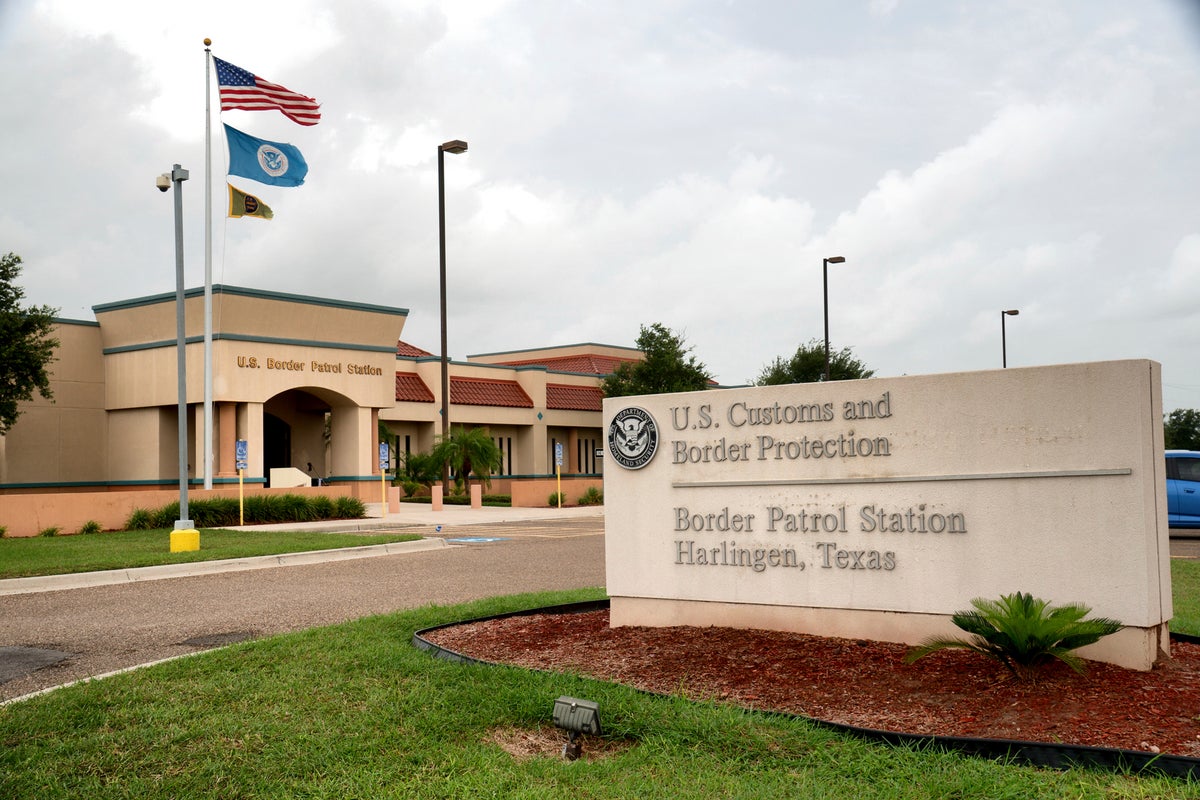
A court-appointed monitor said in January that child migrants held in medical isolation may be overlooked when Border Patrol stations get too crowded, a warning issued five months before an 8-year-old girl with a heart condition died in custody during an unusually busy period in the same Texas region he inspected.
Dr. Paul H. Wise, a pediatrics professor at Stanford University, called the death of Anadith Tanay Reyes Alvarez of Panama “preventable” during an interview this week while in Texas' Rio Grande Valley to look into the circumstances.
“Any child who is ill, but particularly kids with chronic problems, there should be little hesitation to refer them to local hospitals, preferably a children’s hospital or hospital with good pediatric capabilities,” Wise told The Associated Press.
U.S. Customs and Border Protection has acknowledged the girl was seen at least three times by medical personnel the day she died — complaining of vomiting, a stomachache and suffering what appeared to be a seizure — before she was taken to a hospital. CBP did not respond to a request for comment on Wise's January report or his latest comments.
Wise authored a lengthy report in January on Border Patrol custody conditions for children in the Rio Grande Valley and El Paso, Texas, that gave satisfactory reviews on many counts but also flagged serious concerns. Last year, a federal judge asked him to examine custody conditions in the two busy regions as part of a 1997 court settlemen t to ensure safe treatment of child migrants.
Wise plans to submit a report soon on the May 17 death of the girl, who died on her ninth day in custody after being transferred to a station in Harlingen, Texas, with her family after being diagnosed with influenza. The agency limits custody to 72 hours under its own policy.
While his findings are not yet known — he declined to discuss them — some of his earlier warnings may resurface.
Wise previously expressed concern about crowding of children in medical isolation. His January report tells how “one medical team” in El Paso was responsible for 125 ill patients, a number that “far surpasses" the team's capabilities.
The Border Patrol also struggled to meet a requirement to conduct regular medical assessments of children when they came in families and were in crowded stations, Wise said in January.
“The 5-day repeat medical assessment is most important when families are being held for protracted periods in overcrowded conditions," he wrote. “However, because of other important demands on available medical staff, this medical protocol appears to be given relatively low priority under these conditions.”
Wise further raised concerns about chronic conditions going undetected and “relevant medical information” being unknown or not shared among staff.
CBP's relatively detailed public account of the girl's time in custody does not directly address the requirement for exams every five days or how crowded the Harlingen station was when she was there.
The government's responsibilities for medical care of children is clearly defined in the recently updated agreement for the El Paso and Rio Grande Valley sectors. “CBP shall promptly activate the 911 system or refer juveniles to the local health system whenever appropriate for evaluation and treatment. Further, CBP shall refer juveniles with urgent or emergent medical issues to the local health system,” the agreement stipulates.
During his visit, Wise interviewed Anadith’s mother, Mabel Alvarez Benedicks, who told the AP that agents repeatedly ignored pleas to hospitalize her medically fragile daughter as she felt pain in her bones, struggled to breathe and was unable to walk.
Agents said her daughter’s diagnosis of influenza did not require hospital care, Benedicks said. They knew the girl had a history of heart problems but was told to return if she fainted, the mother said.
Troy Miller, CBP's acting commissioner, has since ordered a review of all medically fragile detainees to ensure limited time in custody. Wise said he spoke with U.S. officials, including medical staff, to convey concerns from his recent visit.
“I have enough information at this point to make urgent recommendations to CBP, (the Department of Homeland Security) and to the court. And this will be focused around the steps that should be taken, in my view, to ensure that no preventable deaths occur to children in CBP custody,” he said.







